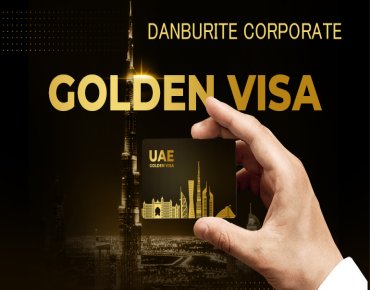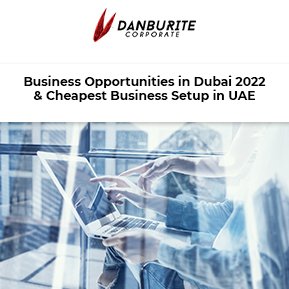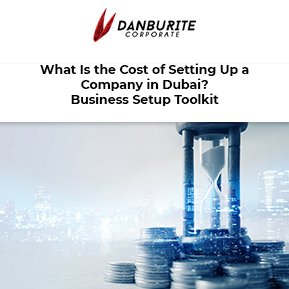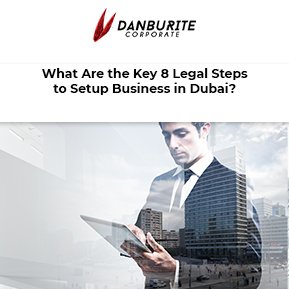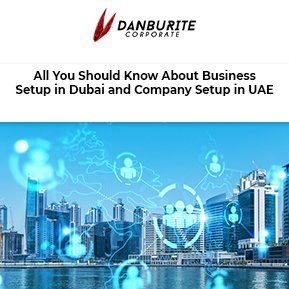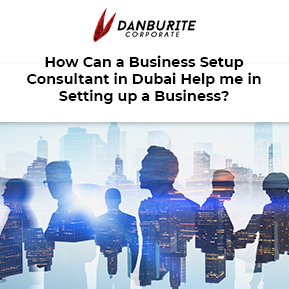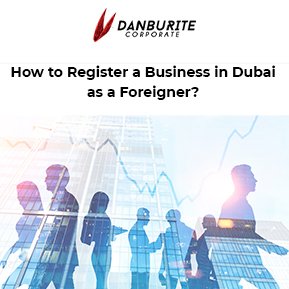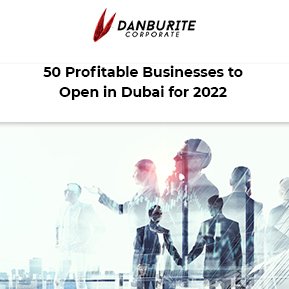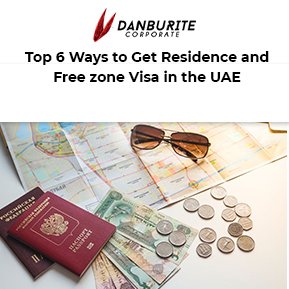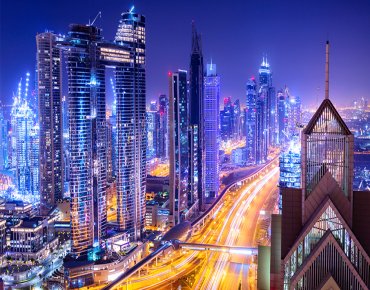Free Zone Visa in Dubai - Rules and Regulations
Dubai has the reputation of being one of the best and investor-friendly places in the world to start a business. The free zones in Dubai, in particular, provide a myriad of advantages to entrepreneurs, making it a highly sought-after location for setting up a company or a start-up.
One of the first steps in setting up your business involves obtaining a free zone Visa in Dubai. And while you are applying for it, you should be aware of all the details of the application process including the rules and regulations.
Free Zone Visa Dubai Rules and Regulations
If you are employed with a free zone company, it’s easier for you to get a free zone residence visa. The validity of such a visa is for 3 years only.
If you are an entrepreneur who is looking to register your company in the UAE, you can get either an employment visa or an investor visa. Your dependents can also apply for a residence visa once you get an investor or employment visa. The validity of the visa is for 3 years.
The Immigration Department (GDRFA) issues free zone visas without the need to contact the Ministry of Labour. These visas are relatively easy to obtain, however, such visa holders cannot work outside free zones. There is an option to apply for a NOC from the ministry of labor to get work permits.
Step by Step Procedure for Free Zone Visa Dubai
Here is a step by guide to obtaining a free zone visa
1. E-channel Registration:
The first step to applying for a visa in the Dubai free zone is to register for E-channel services. E-channel service helps you bypass the cumbersome paperwork making the process transparent, fast, and efficient. Some free zones in Dubai has exclusive channel directly linked with immigration and not required for e-channel registration. E channel is applicable mostly in Northern emirates.
As part of registration, you have to pay the registration fee and make a refundable security deposit. If this feels too complicated, you can always seek the help of a free zone visa consultant.
2. Apply For Entry Permit/Employment Visa
The next step involves applying for an entry permit or employment visa. This is a temporary visa typically issued within 5 days of application submission and has a 60-day validity. You can fast-track the process by appointing a PRO or free zone visa expert. You can apply for the visa while you are in the country as well as while outside the country. If the visa is issued while you are in the country, you are required to stamp the visa before you leave the country.
3. Status Change
The next step involves the activation of your entry permit which can happen in the following three ways:
In-country process - If you are in UAE, you have to submit your passport to the immigration department. They will stamp it and activate your visa. Typically, takes about 3 to 5 days.
Out-of-Country Process - If you are not in UAE when your entry permit is issued, you can activate your visa at the airport. Once you arrive, head over to the immigration officer’s office and present your employment visa. The immigration officer will stamp your visa and activate it.
Border-run process: This process involves exiting and re-entering UAE via land and then getting a stamp on your employment visa from the immigration officer on entry.
You should keep in mind that out-of-country and border-run process may not work for people from certain countries. The best option would be to stay in UAE while your documents are being processed for an employment visa.
4. Medical Test
You will be required to do a medical test to check for any infectious disease that you may be carrying.
5. Apply For Emirates ID
After you are done with the medical test and all the above-mentioned formalities, the next step is to apply for an Emirates ID. You have to visit an ID authority to apply for it. An Emirates ID is important to open a bank account, get a mobile connection, etc.
6. Residence Visa Stamp
The last step of the visa process entails getting a residence visa stamp or a sticker on your passport. You will have to submit your passport to the immigration department who will in turn stamp and return it to you. This process will take about 15 days. You will not be able to leave the country while
7. Visa for Your Dependents
You can apply for your family’s visa once your residence visa is approved. The documents required and the criteria to sponsor dependents are as follows:
Salary or earnings certificate from your free zone company
The minimum earning to sponsor your family is around AED5,500
The security deposit to be paid is AED3000 for men and AED5,000 for women.
The process to get a dependent is similar to the earlier mentioned process.
Benefits of Free Zone Visa in Dubai
If you want to start a business in Dubai, you will need a visa as well. And a free zone visa in Dubai offers a lot of benefits including:
100% ownership of your business
Import and export tax exemption
Corporate tax exemption for a certain period of time
Lease options up to 25 years
Free transfer of funds
Free Zone Visa Dubai Consultant
It is easy to be overwhelmed by the series of steps and the paperwork involved in applying for a visa.
However, you don’t have to do everything on your own. You can hire an experienced business consultant to handle all the paperwork and formalities.
At Danburite, we have helped hundreds of clients obtain free zone visas with ease.
Schedule a Call With Our Visa Expert Now
FAQs
1. Is there any ban on free zone Visa?
No, there is no ban on free zone visas in Dubai.
2. What is the difference between an employment visa and a residence visa?
An employment visa allows you entry into UAE. Once you get entry, you will have to apply for a residence permit to be able to access many government services.
3. What is the difference between the Dubai mainland visa and a free zone visa?
The validity of mainland company’s employment visas is two years, while the free zone visa is valid for three years. With a mainland company visa, you can work anywhere in UAE. Whereas with a free zone visa you have to consult a local agent to be able to work in non-free zone companies.













